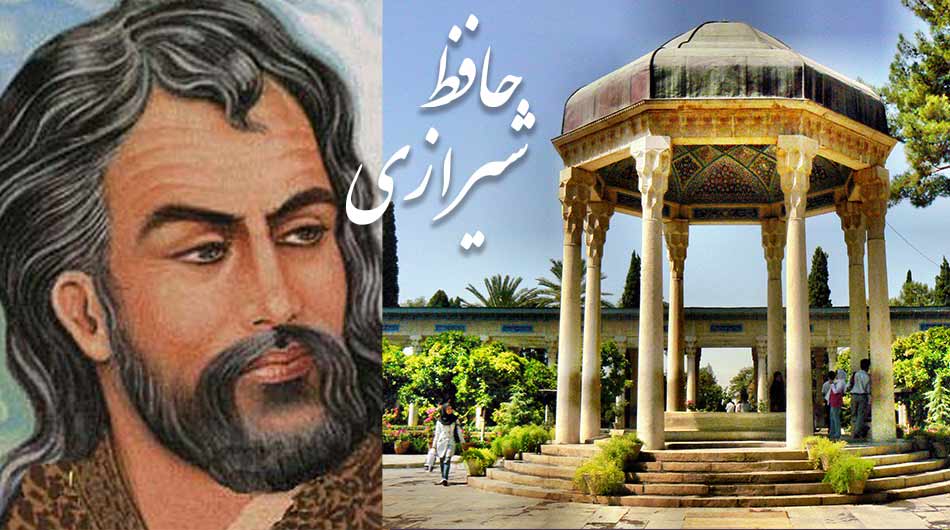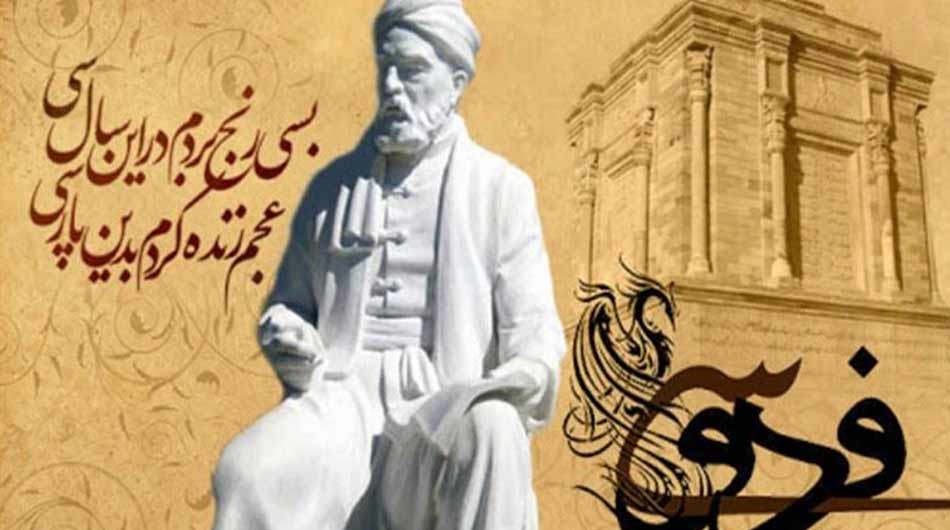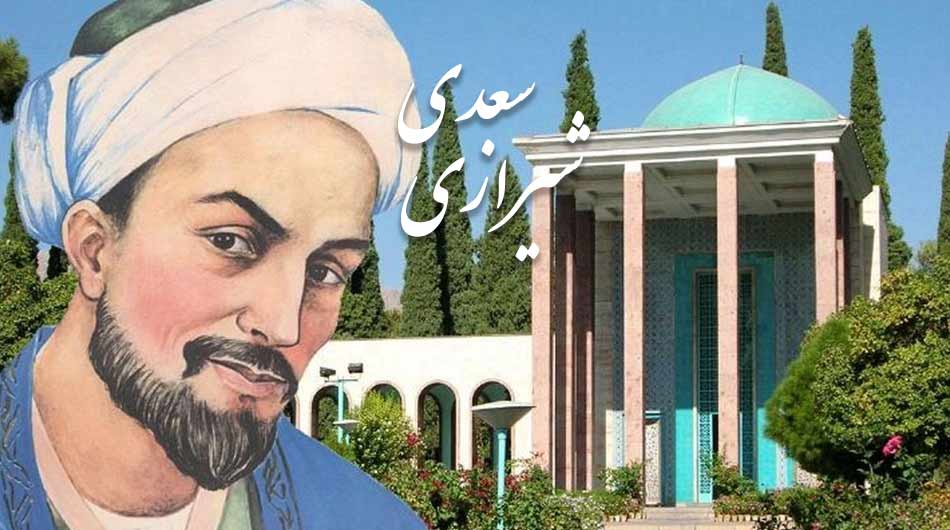Exploring Persian Poetry: Where to Learn and Experience It

Understanding Persian Poetry’s Legacy
Persian poetry dates back over a millennium, with themes ranging from love and spirituality to nature and philosophy. Iconic poets like Ferdowsi, Saadi, Khayyam, and Hafez have inspired readers across the globe with their universal messages. These timeless works are often written in intricate rhyme schemes, featuring metaphors and imagery that transcend language barriers. Persian poetry holds a special place in Iranian culture, often recited in gatherings or celebrated during traditional ceremonies.

If you want to truly understand Persian poetry, start with the classics:
- Rumi: Known for his Sufi mysticism, Rumi’s poetry often touches on themes of divine love and unity.
- Hafez: His lyrical poetry, or “ghazals,” is renowned for its philosophical depth and playful expressions of love.
- Ferdowsi: The author of Shahnameh, Ferdowsi preserved Persian history and legends through epic poetry.
Where to Start:
- Online translations by scholars such as Coleman Barks (Rumi) or Peter Avery (Hafez).
- Audiobooks that bring Persian verses to life with authentic recitations.
2. Take Persian Poetry Classes
Learning Persian poetry with expert guidance can deepen your appreciation. Many online and in-person courses focus on the language, cultural context, and poetic forms like the ghazal or rubaiyat.
Recommended Platforms:
- Coursera: Offers courses on Persian literature and poetry.
- Local Language Institutes: Centers like Iran Cultural Centers or Persian language academies worldwide provide classes on poetry.
- Community Colleges: Some institutions offer specialized classes on Middle Eastern literature.
 3. Visit Iconic Persian Poetry Landmarks
3. Visit Iconic Persian Poetry Landmarks
Iran, the birthplace of Persian poetry, is dotted with landmarks dedicated to its legendary poets. These places are ideal for immersing yourself in the poetry’s spirit.
Must-Visit Sites:
- Hafezieh (Shiraz): The tomb of Hafez is a serene site where visitors gather to read his poetry.
- Saadi’s Tomb (Shiraz): This peaceful location honors Saadi’s wisdom and humanitarian views.
- Tomb of Ferdowsi (Tus): A tribute to the man who revived the Persian language through his epic masterpiece.
4. Attend Persian Poetry Events
Participating in live poetry readings and festivals can be a transformative experience. Many cultural centers and Iranian communities host events to celebrate Persian poetry.
Events to Explore:
- Shab-e Sher: Traditional poetry nights often organized by Iranian communities around the world.
- Nowruz Celebrations: Persian New Year is a time when poetry is recited and celebrated widely.
- International Persian Poetry Festivals: Events in Tehran or other major cities in Iran often attract poetry enthusiasts.
5. Engage with Modern Interpretations
Persian poetry isn’t just a relic of the past; it continues to inspire contemporary poets and artists. Modern interpretations, including musical adaptations and visual art, bring a fresh perspective to these age-old verses.
How to Explore:
- Persian Music: Listen to Iranian musicians who blend poetry with traditional instruments.
- Art Exhibitions: Attend shows that feature Persian calligraphy inspired by poetry.
- Books by Contemporary Poets: Explore works by Iranian poets like Simin Behbahani or Forough Farrokhzad.
 6. Use Digital Resources
6. Use Digital Resources
The digital age offers countless ways to dive into Persian poetry. From podcasts to interactive apps, you can learn at your own pace.
Top Resources:
- YouTube Channels: Tutorials and recitations by Persian language teachers.
- Mobile Apps: Apps like “Divan Hafez” offer daily poetic insights.
- Podcasts: Platforms like Spotify feature episodes on Persian poetry and its cultural significance.
7. Build a Community
Learning Persian poetry becomes more meaningful when shared. Connect with others who share your passion for Persian literature through clubs, forums, or online communities.
How to Connect:
- Meetup Groups: Join Persian culture or literature groups in your city.
- Social Media: Follow pages dedicated to Persian poetry on Instagram or Facebook.
- Book Clubs: Participate in discussions about Persian classics and modern works.
Exploring Persian poetry is not just about understanding a literary form; it’s about stepping into a world where words weave dreams, emotions, and spirituality. Whether you choose to study the classics, visit poetic landmarks, or join a community of enthusiasts, Persian poetry offers a profound journey into a culture rich in wisdom and beauty.
So, immerse yourself in the verses of Hafez, the musings of Rumi, or the epics of Ferdowsi. You’ll find that Persian poetry isn’t just something you learn—it’s something you experience.
Tags:Abr Forest, Adventure holidays, Best time to travel to iran, best tour operator iran, Cultural Etiquette in Iran, Cultural sites of Iran, Economy of Travel, Holiday in Iran, iran attractions, Iran country, iran destinations, Iran enriching experience, Iran sightseeing tours, iran Solo trip, iran tour, Iran tour packages, iran tourist attractions, Iran travel agency, iran travel expenses, Iran Travel Guide, Iran Travel Tips, Iran's Coastal Paradise, Iranian culture, Iranian Hospitality, iranparadise, must-visit Iran, persia tour, Persian poetry, Rumi, Surfing In Iran, top tourist destinations, travel to iran, Traveling to Iran, travelling to iran, trip to iran, vacation packages, visit iran, درنا گشت

 3. Visit Iconic Persian Poetry Landmarks
3. Visit Iconic Persian Poetry Landmarks 6. Use Digital Resources
6. Use Digital Resources
Love the way you highlighted the beauty of Persian poetry. The depth and emotions are genuinely exceptional. I’m curious if there are any online communities or discussion forums where like-minded enthusiasts gather to share thoughts and insights about Persian poems? Also, for those interested in visiting Iran to experience these places, you might want to check out world-prices.com for travel costs, although it’s hard to say for sure how accurate or current the data there is.
Ücretsiz porno indir
Unlock the full potential of Iraq’s dynamic market with businessiraq.com, the region’s most comprehensive and innovative business directory platform. Our trilingual service (Arabic-English-Kurdish) connects over 100,000 verified Iraqi companies with global opportunities through advanced AI-powered matching, real-time market intelligence, and interactive business mapping across all 18 governorates. Whether you’re exploring Iraq’s thriving sectors like Oil & Gas, Construction, Technology, or Healthcare, our platform provides essential tools including live tender updates, trade finance solutions, and detailed company profiles backed by BoldData verification. International investors benefit from our custom market entry strategies, regulatory compliance guidance, and virtual business delegation programs, while local businesses gain unprecedented global exposure and networking opportunities. With ISO 27001 certified security, GDPR compliance, and a proven track record of 25,000+ verified profiles and 1,000+ monthly B2B matches, businessiraq.com stands as your trusted partner in navigating Iraq’s promising business landscape. Join our thriving community today to access exclusive features including personalized business intelligence reports, priority search listings, and premier networking events, all designed to accelerate your success in one of the Middle East’s most promising economies.
Businessiraq.com is your one-stop resource for navigating the Iraqi business landscape. This online directory provides crucial information and connections for businesses looking to engage with the Iraqi market. We offer a comprehensive Iraq Business Directory, meticulously curated to showcase a diverse range of Iraqi companies with detailed profiles. Furthermore, we deliver essential Iraq Business News, keeping you informed about market trends, regulations, and emerging opportunities. This centralized platform allows you to efficiently connect with potential partners, understand market dynamics, and expand your reach within Iraq.
Unlock the Iraqi market’s potential through the comprehensive resources offered by Businessiraq.com. This premier Iraq business directory presents detailed online business listings, ensuring vital connections. Stay abreast of the latest business news in Iraq and discover lucrative Iraq job openings. Businessiraq.com’s tender directory facilitates the search for and submission of procurement tenders, streamlining the process for international and local businesses.
For businesses looking to explore procurement opportunities in Iraq, Businessiraq.com’s tender directory is an invaluable resource. The website provides a regularly updated list of tender notices and contract awards, covering various sectors, including construction, oil and gas, and more. With its advanced search functionality, users can quickly find tender opportunities that match their business interests and capabilities. By providing access to tender information, Businessiraq.com facilitates the procurement process, helping businesses to identify new opportunities, prepare bids, and win contracts in Iraq.
Businessiraq.com: Your Comprehensive Resource for Iraqi Business, Jobs, and Tenders. Connect with the Iraqi business landscape through Businessiraq.com, your premier online platform for finding Iraqi companies, staying informed about market trends, and discovering job and tender opportunities. We provide a meticulously curated directory of Iraqi businesses, offering valuable insights, contact details, and financial profiles. Stay ahead of the curve with our up-to-date Iraq business news, covering everything from economic forecasts to regulatory changes, ensuring you’re well-equipped to navigate the Iraqi market. Our dedicated job and tender directory simplifies your search for employment and contract opportunities in Iraq. Whether you’re a business seeking partners, a job seeker in Iraq, or a contractor looking for projects, Businessiraq.com provides the essential connections and information you need to thrive in the Iraqi marketplace. Find Iraqi businesses, jobs, and tenders – all in one place.
https://proxy-su.researchport.umd.edu/login?url=https://mythav.com
I have been surfing online more than 3 hours today yet I never found any interesting article like yours It is pretty worth enough for me In my opinion if all web owners and bloggers made good content as you did the web will be much more useful than ever before
gab For the reason that the admin of this site is working, no uncertainty very quickly it will be renowned, due to its quality contents.
neotonics reviews: neotonics reviews
neotonics reviews: neotonics reviews
neotonics reviews: neotonics reviews
neotonics reviews: neotonics reviews
neotonics reviews: neotonics reviews
Wow wonderful blog layout How long have you been blogging for you make blogging look easy The overall look of your site is great as well as the content
hentairead naturally like your web site however you need to take a look at the spelling on several of your posts. A number of them are rife with spelling problems and I find it very bothersome to tell the truth on the other hand I will surely come again again.
Tech dae Very well presented. Every quote was awesome and thanks for sharing the content. Keep sharing and keep motivating others.
flush factor plus scam: flush factor plus scam
neuroquiet scam: neuroquiet scam
FemiPro scam: FemiPro scam
ProDentim scam: ProDentim scam
Java Burn scam: Java Burn scam
Is Cacao Bliss a scam or is it a legitimate product?: Cacao Bliss scam
Is MitoThrive a scam, or is it legitimate?: mitothrive scam
Is Pineal Pure a scam or is it legitimate?: pineal pure scam
Is NeuroPrime a Scam or Legit?: NeuroPrime scam
Is SonoVive a scam or a legitimate supplement?: sonovive scam
Is Cacao Bliss a scam or is it a legitimate product?: Cacao Bliss scam
Is SonoVive a scam or a legitimate supplement?: sonovive scam
Is Cacao Bliss a scam or is it a legitimate product?: Cacao Bliss scam
Is Dentavim a legitimate product, or is it just another overhyped supplement?: Dentavim scam
Is MitoThrive a scam, or is it legitimate?: mitothrive scam
Is ProvaDent a Scam or Legit?: provadent scam
Is Dentavim a legitimate product, or is it just another overhyped supplement?: Dentavim scam
Is Pineal Pure a scam or is it legitimate?: pineal pure scam
Is AppaNail a Scam or Legit?: AppaNail scam
is DentiCore a scam, or is it a legitimate product that could help improve your oral health?: DentiCore scam
Is AppaNail a Scam or Legit?: AppaNail scam
Is MitoThrive a scam, or is it legitimate?: mitothrive scam
Is Pineal Pure a scam or is it legitimate?: pineal pure scam
SIGMASLOT : Slot Online Gacor Resmi dengan Kemenangan Berlimpah
Many thanks, Terrific stuff.
casino en ligne francais
Information clearly applied..
casino en ligne
Good information. Kudos!
casino en ligne
Good material Appreciate it!
casino en ligne francais
Many thanks. I like it!
casino en ligne francais
Regards! Plenty of stuff!
casino en ligne
You actually said that exceptionally well.
casino en ligne France
You suggested it perfectly!
casino en ligne
Thank you! Quite a lot of postings.
casino en ligne
Many thanks, Plenty of forum posts.
meilleur casino en ligne
**men balance pro**
MEN Balance Pro is a high-quality dietary supplement developed with research-informed support to help men maintain healthy prostate function.